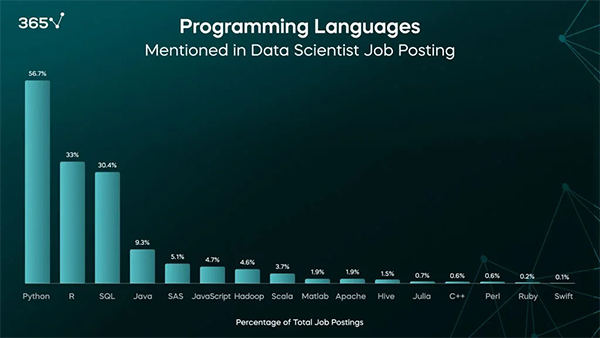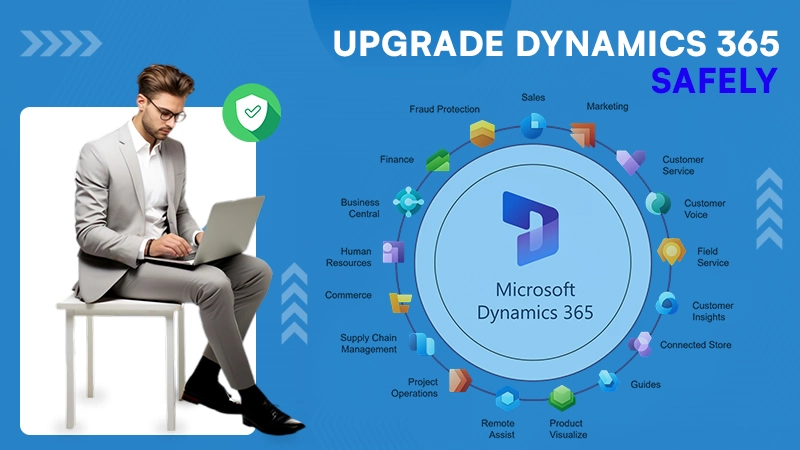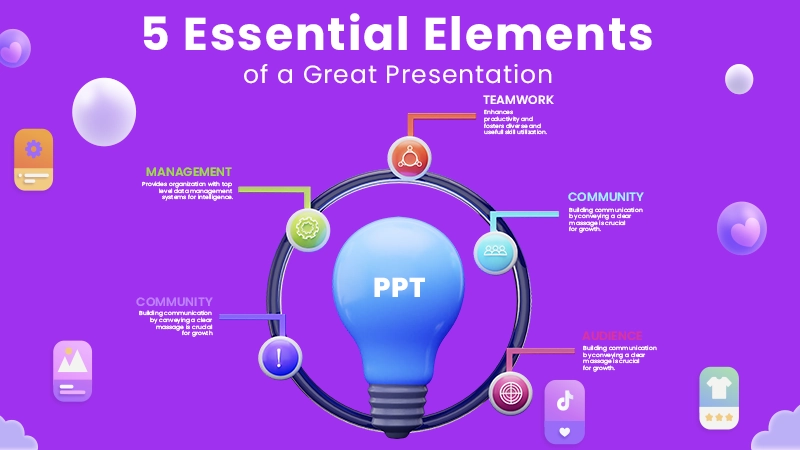Data science is unarguably the most growing sector in terms of productivity, demand, and innovations. People are willing to enter this industry because of the robust amount of vacancies and extravagant annual packages
Due to these demands, data science courses have emerged as a game changer for aspiring Software developers. These courses are available for both preferences online and on campus.
According to detailed research by Statista Research and Development;
About 68% of international travel brands made significant investments in business intelligence and predictive analytics capabilities in 2019
So, how can someone start to pace up their career with these courses? And what will be the better option, offline or online means?
Chill out! After reading this article, your every question regarding this topic is going to vanish.
So, let’s start this ASAP!
1. Flexibility and Schedule
Data science courses that are available online are usually designed for flexibility. Students can be able to learn this course according to their comfort. This proves to be very helpful in cases where working professionals continue their studies while working full-time or taking care of the family.
On-campus, on the other hand, is taken with tightly scheduled attendance. Though planning is good for discipline, it does not accompany anyone with a busy schedule or other family commitments.
2. Learning Environment
Success can be achieved more easily if you have a good study environment. On-campus programs facilitate face-to-face interaction, immediate feedback, and lively in-class discussions, and often establish collaboration and friendly competition with classmates.
Online programs use interactive means to deliver lectures, host discussions, and even promote group projects. Virtual learning requires plenty of self-discipline, but it gives one flexibility and liberty to learn virtually anywhere, anytime, and even utilize diverse learning materials.
3. Availability of Resources
More commonly available physical resources are available in the generic on-campus programs, such as libraries, labs, and academic advisors. These can be very useful in deep research or understanding of complex topics.
The gap is being closed as online programs are now offering virtual libraries, digital academic support, and access to cutting-edge software. Data science courses ensure that the resources available to on-campus students also reach online students.
4. Networking Opportunity
Professional networking is very much part of the culture of data science. Though on-campus programs, inherently, help facilitate networking, events, group projects, and informal interactions on campus, for instance, the online programs are no longer on the front foot of this race.
Virtual events, forums, and collaboration opportunities pop up easily. Some even arrange for regular in-person meetups to further foster ties among peers and industry relationships.
5. Financial Considerations
The topmost reason to select a program is cost. Traditional classes are often more expensive in terms of tuition as well as transportation, living, and other campus fees.
Most of the online programs have less cost since there is no infrastructure or major working staff involved.
Did you know?
By 2024, the big data analytics market is anticipated to grow to $103 billion.(SimpliLearn)
Online students also save money on living costs, which makes online courses a wonderful choice for those who require financial flexibility without sacrificing academic integrity.
6. Program Reputation and Accreditation
When examining the programs, reputation and accreditation are two crucial things. Accredited programs guarantee that the courses maintain strong academic standards, hence its alumni are well-equipped for the job market.
Online and on-campus data science courses offer similar trustworthiness. For example, with increasing popularity, accredited courses come in both formats and offer the exact same guidance based on your preference.
7. Depth and Specializations in Curriculum
Another essential feature is the curriculum. On-campus programs tend to provide more electives, unique modules, and a faculty-based ecosystem, but online programs are catching up with the times fast, offering niche specializations and innovative topics.
A potential student has to substantially compare the curriculum of the online and on-campus programs and choose the one that best aligns with their future goals.
8. Adaptation to Learning Style
Your study pattern and schedule will help you decide the best modality for you. If you do well in an engaging, guided context, you’ll likely discover that classroom-based learning is the best suited for you.
However, if you require more control and want a flexible study regimen, then online programs are probably going to be your best fit. Knowing your preferred approach will help you get the most seamless experience.
9. Technology and Support Infrastructure
Competency in an online program relies greatly on access to dependable technology. The student needs a satisfactory internet connection, updated PC and software programs, and proficiency with digital tools.
On-campus programs, using technology, also provide access to computer labs and other physical resources for hands-on practice.
Knowledge of the technological requirements of online programs before enrollment can help ensure a smooth learning journey.
10. Career Guidance and Job Opportunities

The data above here shows the availability of jobs in the market based on programming languages. According to this, you can increase the probability of getting a job if you try to enhance yourself in PYTHON and R coding languages.
Online and campus-based programs both give career support services.
In many online courses, the chance to network in person during local events as well as international events.
This helps students to get more accessibility, for instance, courses by MIT data science claim to boast strong partnerships as well as alumni connections that cut across numerous countries worldwide.
This comes as a huge network and will also help bridge the gap as far as the move from education to employment is concerned.
Conclusion
An online or campus data science program in 2024 depends on the priorities of an aspiring student and the lifestyle he/she follows. Both online and offline modes have different benefits, so both of these programs also include top-quality education regardless of the medium.
Making choices based on the flexibility of options, curriculum offered, expense incurred, and career exposure helps you pick the correct data science program that goes along with your vision.










